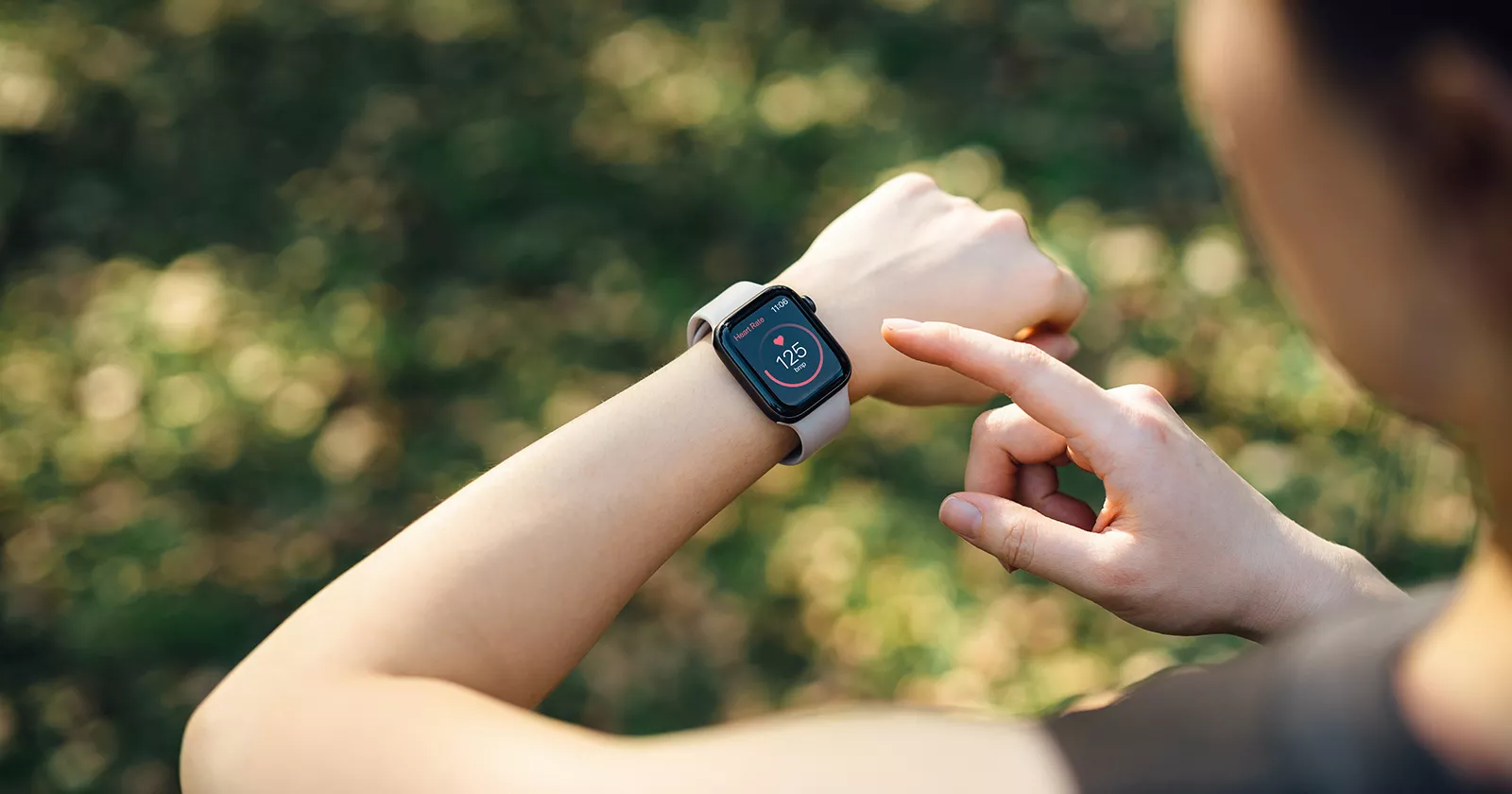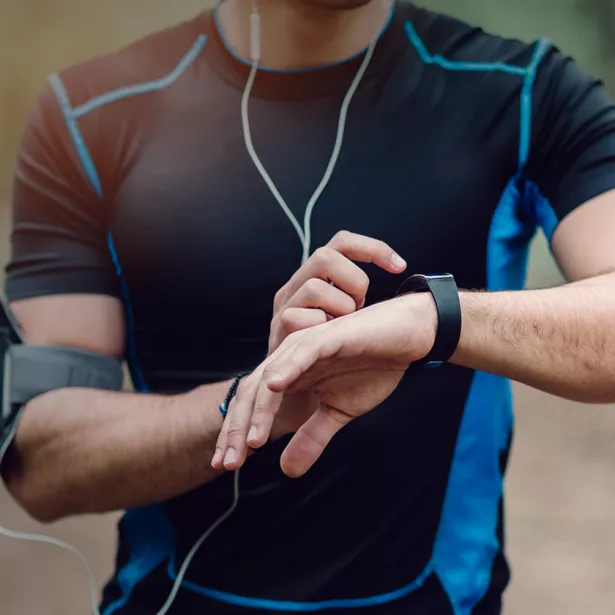How can Exponent help you implement wearable technologies in innovative, patient-centric applications?
Wearable technology can help demonstrate and optimize the value of clinical interventions, such as medical devices and implants, surgical procedures, pharmaceuticals, and other therapeutic approaches by providing critical data that enables you to effectively chart your product development roadmap via continuous real-world evidence and insights.
Leveraging wearables to gather comprehensive physical and behavioral user metrics can help identify individuals at risk of disease, improve adherence to treatment regimens, and enhance the overall patient experience — all contributing to better health outcomes.
Digital data derived from wearable technology can also be used to measure patient-centric endpoints in clinical trials and real-world research studies enabling "digital transformation" of patient-focused drug development.
How does our multidisciplinary approach benefit you throughout the entire product lifecycle?
Exponent's multidisciplinary approach integrates our extensive expertise in biomechanics, human behavior, epidemiology, and data science with detailed knowledge of injury, disease, and state-of-the-art intervention modalities to select optimal wearable technologies for "fit for purpose" solutions that are scalable and replicable.
Our unique multidisciplinary approach delivers valuable insight through all stages of the product lifecycle. We apply a systematic approach to examining long-term wear, product fit, movement dynamics, impacts of loading forces, and sensitivities regarding anthropometry such as BMI, skin, and age.
We also have broad expertise in biocompatibility and other challenges associated with materials selection, design, and development of wearables.
Services
For 50+ years, we’ve thrived on solving unstructured problems that require bespoke solutions. Some of our services include:
• Loading on the human body
• Physiological ground truth comparisons
• User-specific characterization (anthropometry, tissue properties)
• Large-scale participant studies
• Human body modeling (physical modeling, simulation, cadaver testing)
• Human injury potential evaluation
• Data acquisition, contextualization through data-driven insights
• Scalable research and analysis (processing and analysis tools)
• Validation in a box/real-world validation (remote validations)
• Methodologies for collecting data (tools)
• Biocompatibility assessment
Experts
Our global and comprehensive expertise across industries gives us a deep understanding of current challenges, best industry practices, and the implications of emerging technologies.






Senior Managing Engineer



